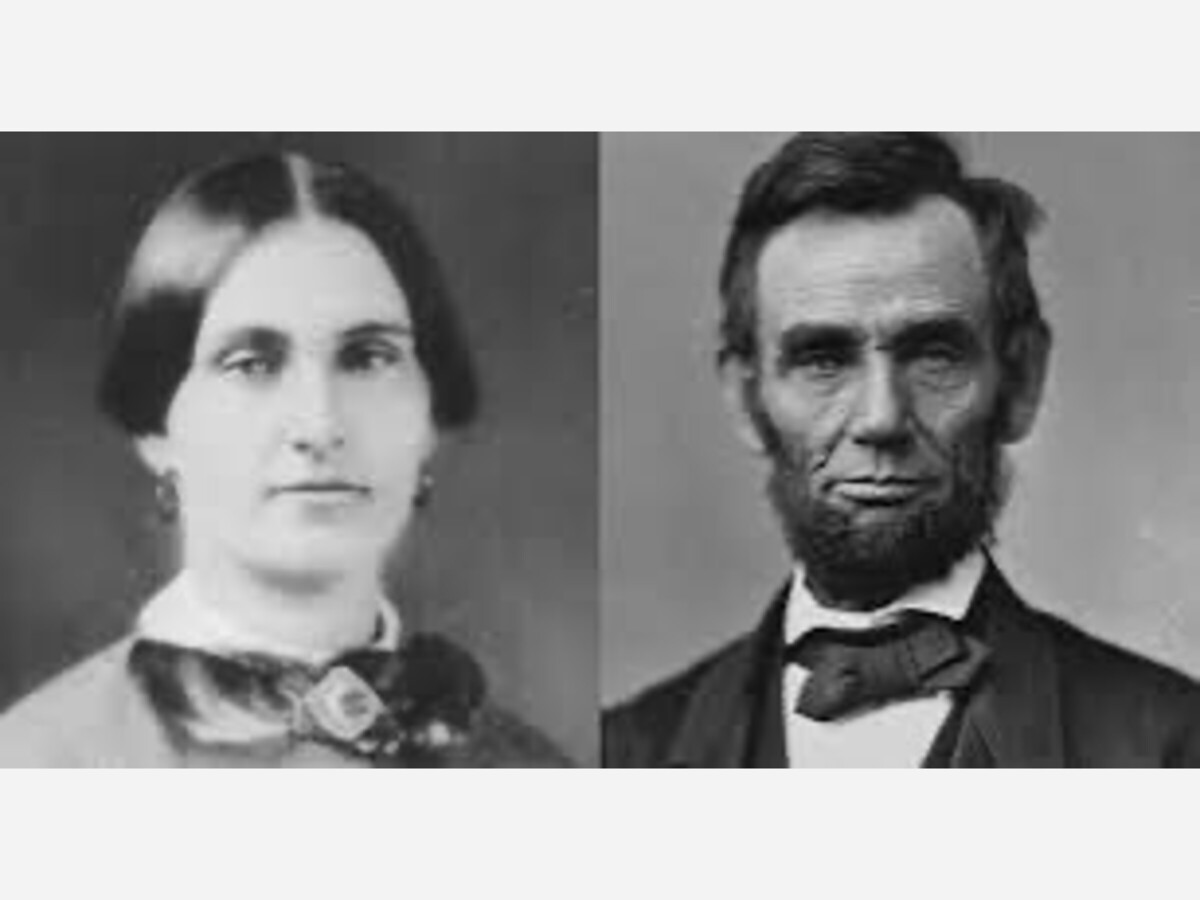Image


On July 7, 1865, a dark chapter in American history closed with the execution by hanging of four men convicted of conspiring to assassinate President Abraham Lincoln. The nation, still reeling from the loss of its beloved leader just two months prior, watched as Lewis Powell, Mary Surratt, David Herold, and George Atzerodt met their fate at the Washington Arsenal.
The assassination of Lincoln on April 14, 1*865, by John Wilkes Booth sent shockwaves throughout the country. Booth, a famous actor and fervent Confederate sympathizer, had plotted not only to kill Lincoln but also to cripple the newly restored federal government by assassinating Vice President Andrew Johnson and Secretary of State William H. Seward.
Following a weeks-long investigation, authorities rounded up several suspects believed to be involved in the conspiracy.A military tribunal was convened to try the accused, a controversial decision as some argued for a civilian court. The trial,which lasted seven weeks, featured testimony from hundreds of witnesses.
Lewis Powell, a former Confederate soldier, was found guilty of attacking Secretary Seward. Mary Surratt, the owner of the boarding house where the plotters met, was the only woman sentenced to death, though her level of involvement remains debated by historians. David Herold, a young actor and acquaintance of Booth, aided in his escape. George Atzerodt, originally tasked with assassinating Vice President Johnson, ultimately backed out.
Despite pleas for clemency, President Andrew Johnson upheld the sentences of Powell, Herold, and Atzerodt. Mary Surratt's sentence was eventually commuted to life imprisonment, though many believed she was wrongly convicted. On a sweltering July day, the four condemned conspirators were hanged in front of a large crowd of witnesses.
The execution of the Lincoln assassination conspirators marked a turning point in the nation's healing process. While the South mourned Lincoln's death as well, the assassination fueled anger and a desire for justice in the North. The hanging served as a form of closure, bringing some sense of accountability for the heinous act.
The legacy of the Lincoln assassination and the subsequent trial continues to be debated by historians. The use of a military tribunal and the guilt of some of the accused remain points of contention. However, the July 7th executions undeniably stand as a somber moment in American history, a day when the nation sought to bring those responsible for its leader's murder to justice.